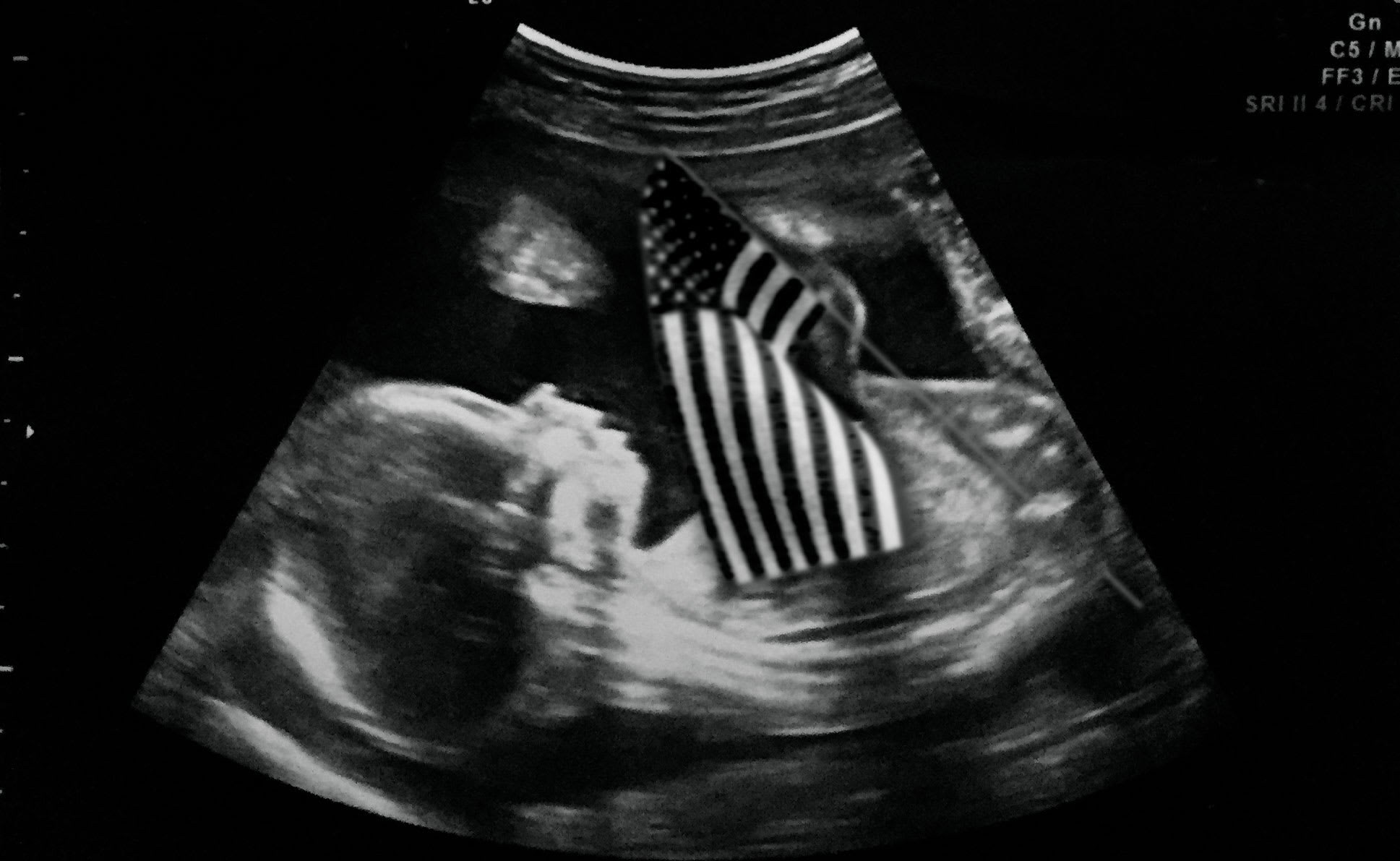Heart attacks during pregnancy are on the rise: "We don't exactly understand why"
"CBS This Morning's" Morning Rounds is honoring the American Heart Association's "Go Red for Women" day by highlighting how heart disease is a major risk for pregnant women.
Heart disease is known to kill nearly 420,000 women in the U.S. each year, and is the leading cause of maternal deaths. The numbers are even more staggering for African-American mothers, whose risk of dying from heart-related complications is three times higher than for white women.
"We're seeing that there's actually an increase in the number of heart attacks during pregnancy, and that number is going up in the United States," Lenox Hill Hospital cardiologist Dr. Catherine Weinberg told CBS News' Dr. Tara Narula. "We don't exactly understand why. We also sometimes unmask disorders that we didn't realize were present before."
A recent study found that about one in four pregnancy or postpartum deaths are caused by cardiovascular complications – hypertensive disorders in particular affect as many as one in 10 women and cause increased risk of heart failure, heart attack, and stroke.
First-time mother Michelle Emebo experienced the dangers firsthand. In her third trimester in 2014, she was told during a routine doctor's visit that her blood pressure was extremely high, and said the moment changed her life forever.
"When I went back the following week and my pressure was still high, that's when I knew there was something wrong," she said.
Emebo was soon diagnosed with gestational hypertension – high blood pressure that develops during pregnancy after 20 weeks. In severe cases, it can cause preeclampsia or eclampsia, both fatal conditions to mother and baby.
Emebo said she was clueless at the time as to what caused her hypertension, only that she gained "a lot of weight."
Four months after giving birth, Emebo was still struggling with her blood pressure, her weight and another condition called chronic postpartum hypertension, and was prescribed a daily blood pressure pill.
Risk factors for cardiovascular disease related maternal mortality are race, ethnicity, hypertension, obesity and age over 40.
She turned to diet and exercise as reliable methods to improve her health – she cut sodium from her diet, portion-controlled her meals and began a 5-day-per-week workout regimen. Over four years, she lost 75 pounds.
Emebo credits her daughter as motivation for getting healthy, as well as caring for her own self.
"I'm not just Sarai's mom, I'm Michelle, too, and I have to take care of myself," she explained. As of Winter 2019, she no longer needed blood pressure medicine.
After conquering her issue, Emebo set out to pass the warning on to other women.
"When you think of heart disease, you think of heart attack, you think of stroke," she said, reflecting on her experience. "Hypertension is a real issue. A cardiovascular disease while pregnant is a real issue. We have to get the information out there for moms and for families."





